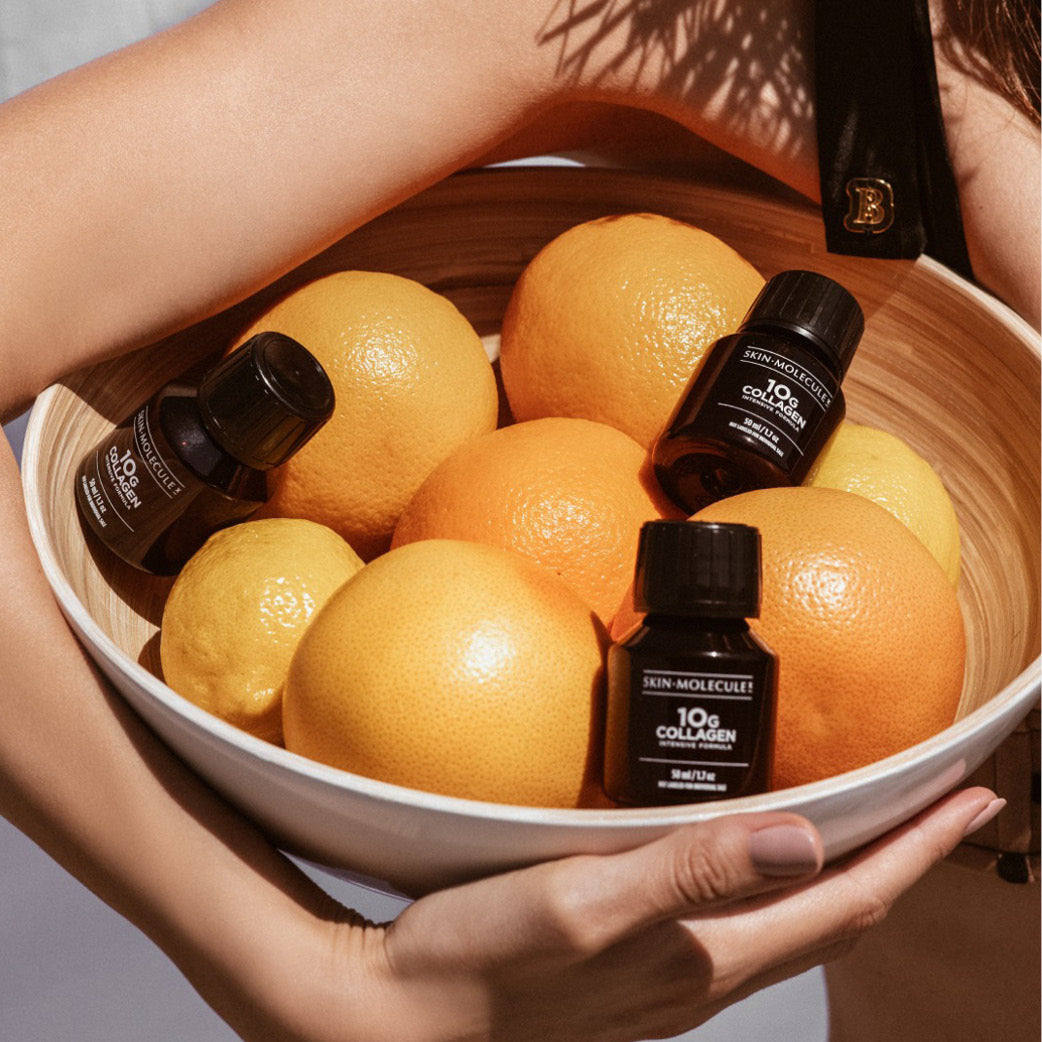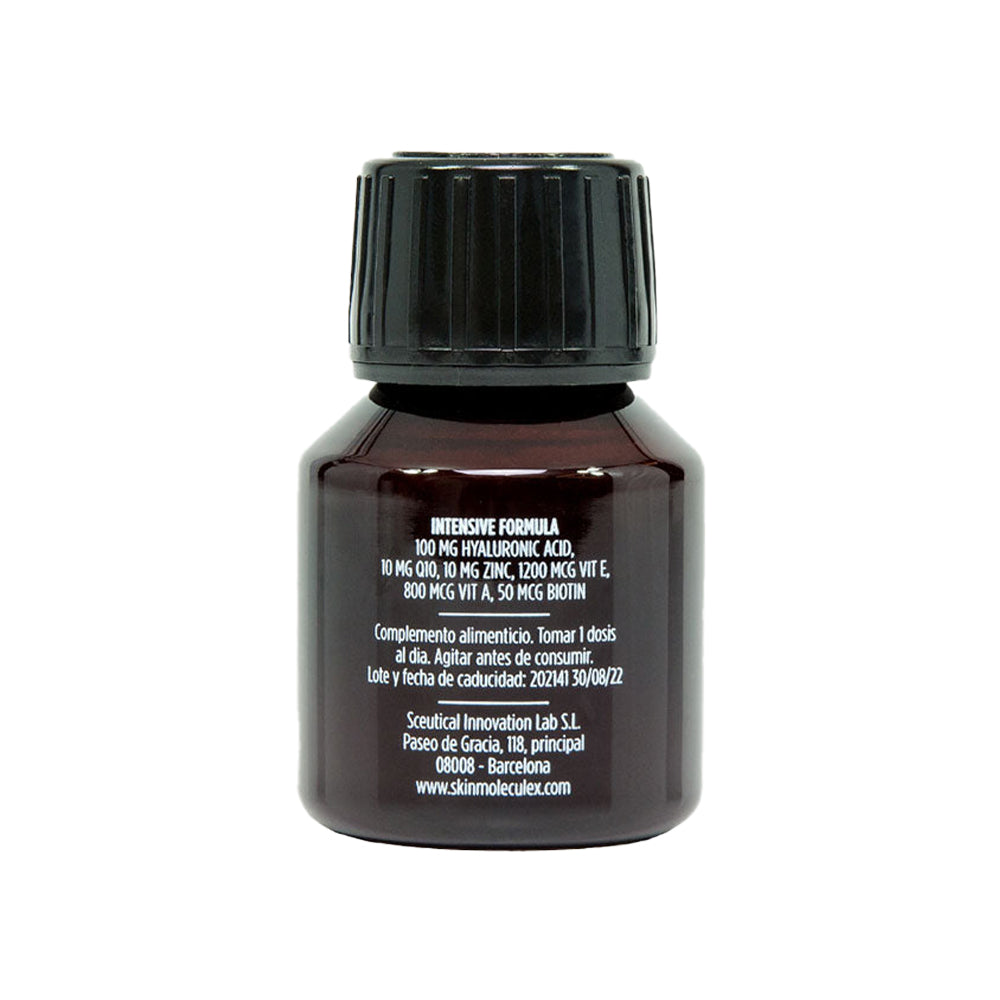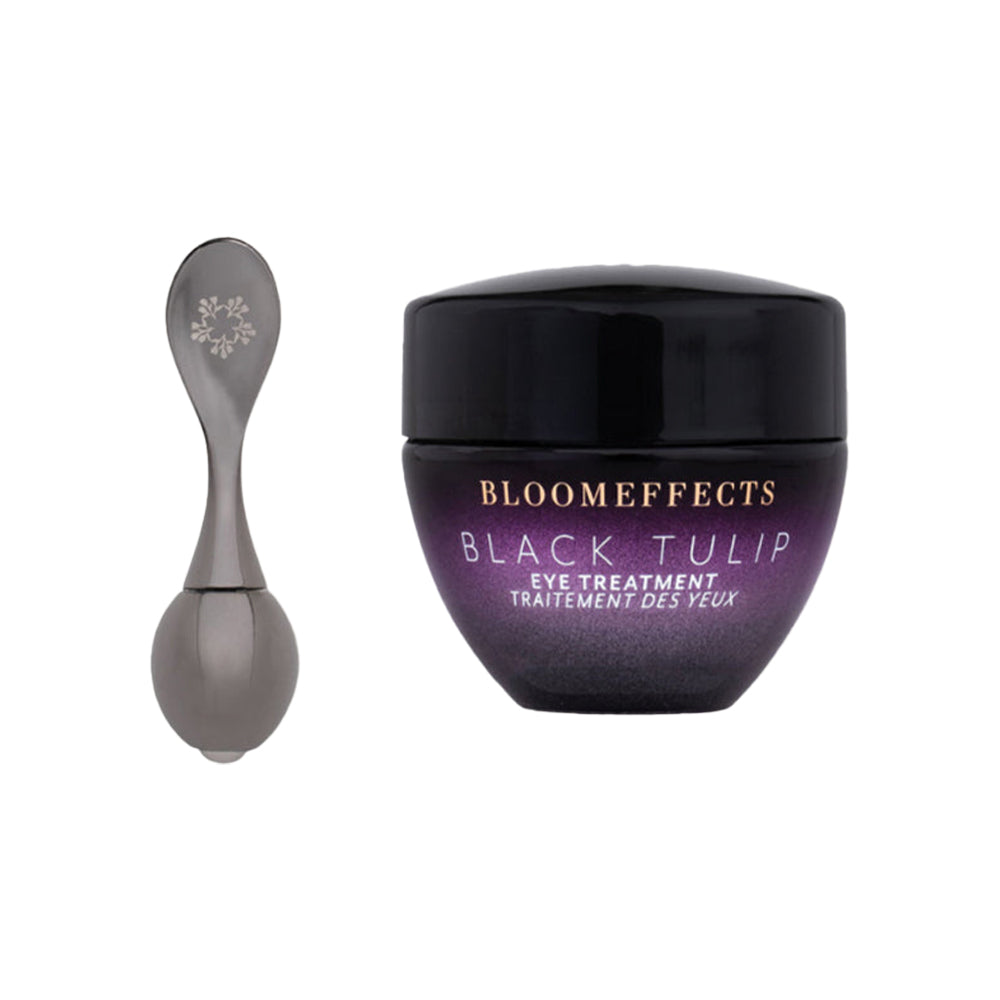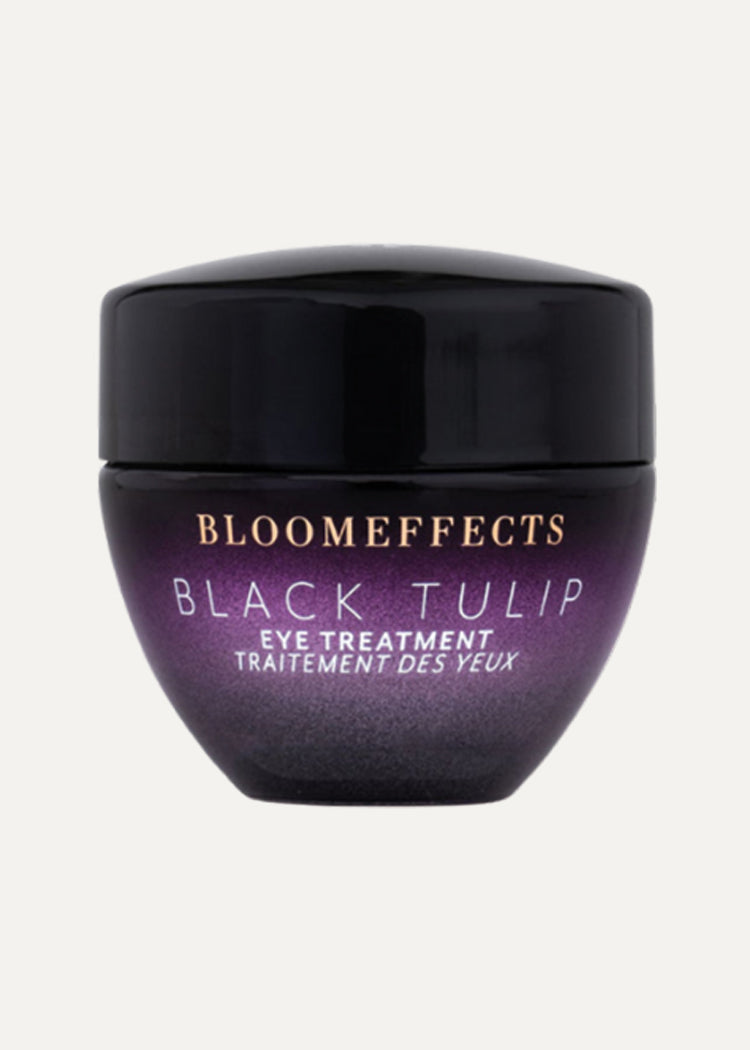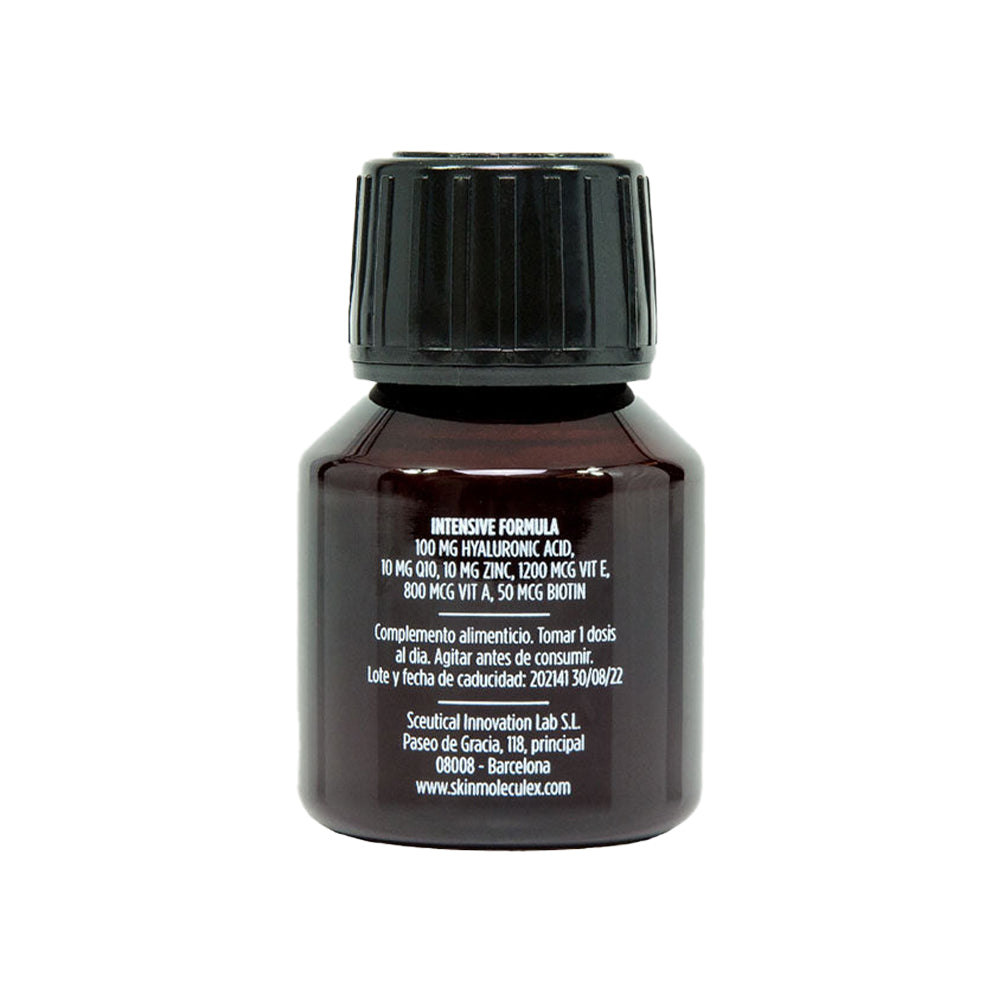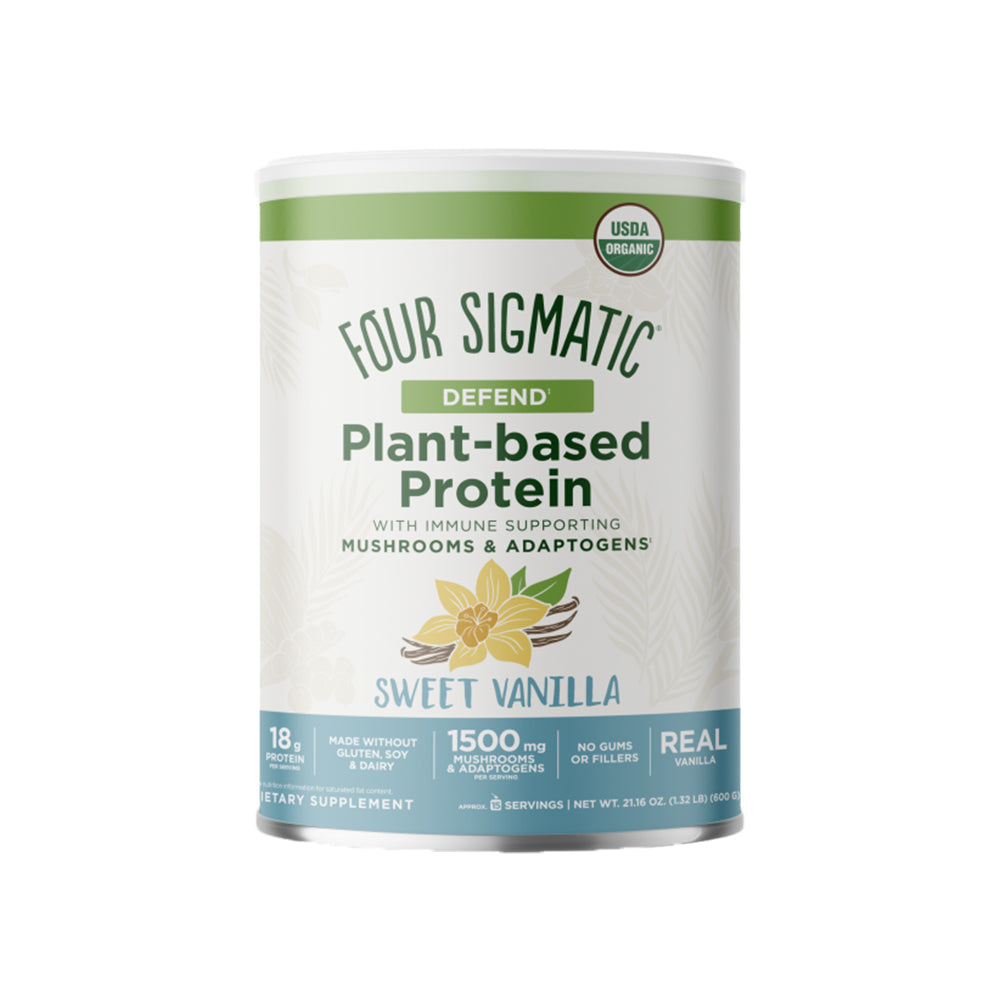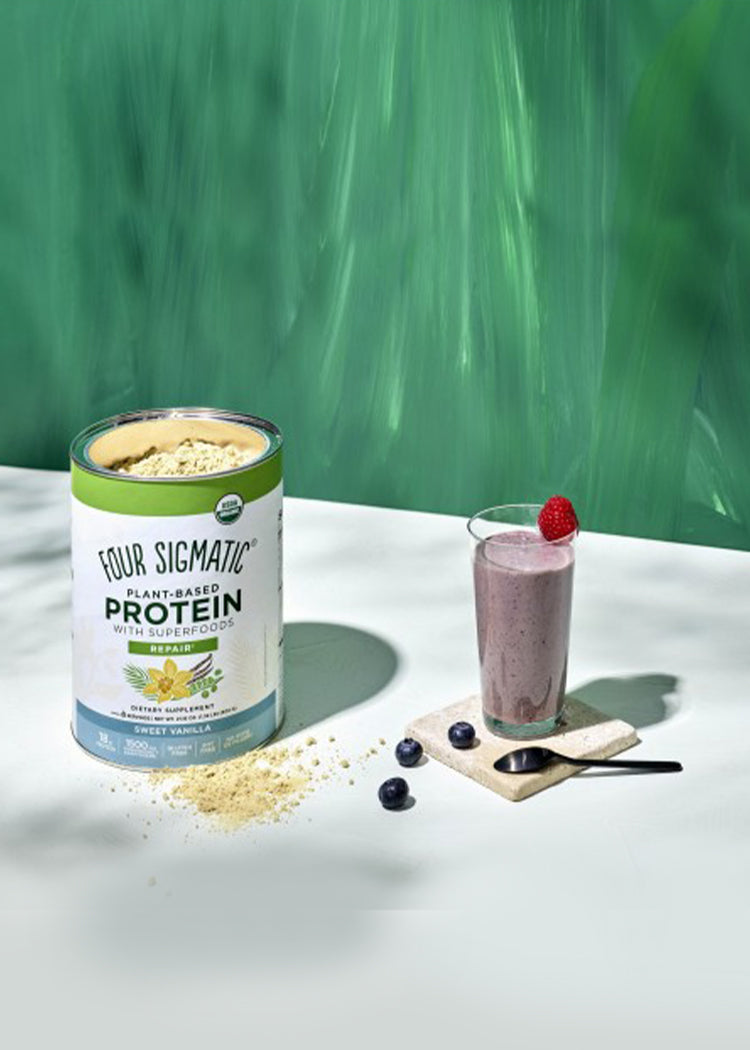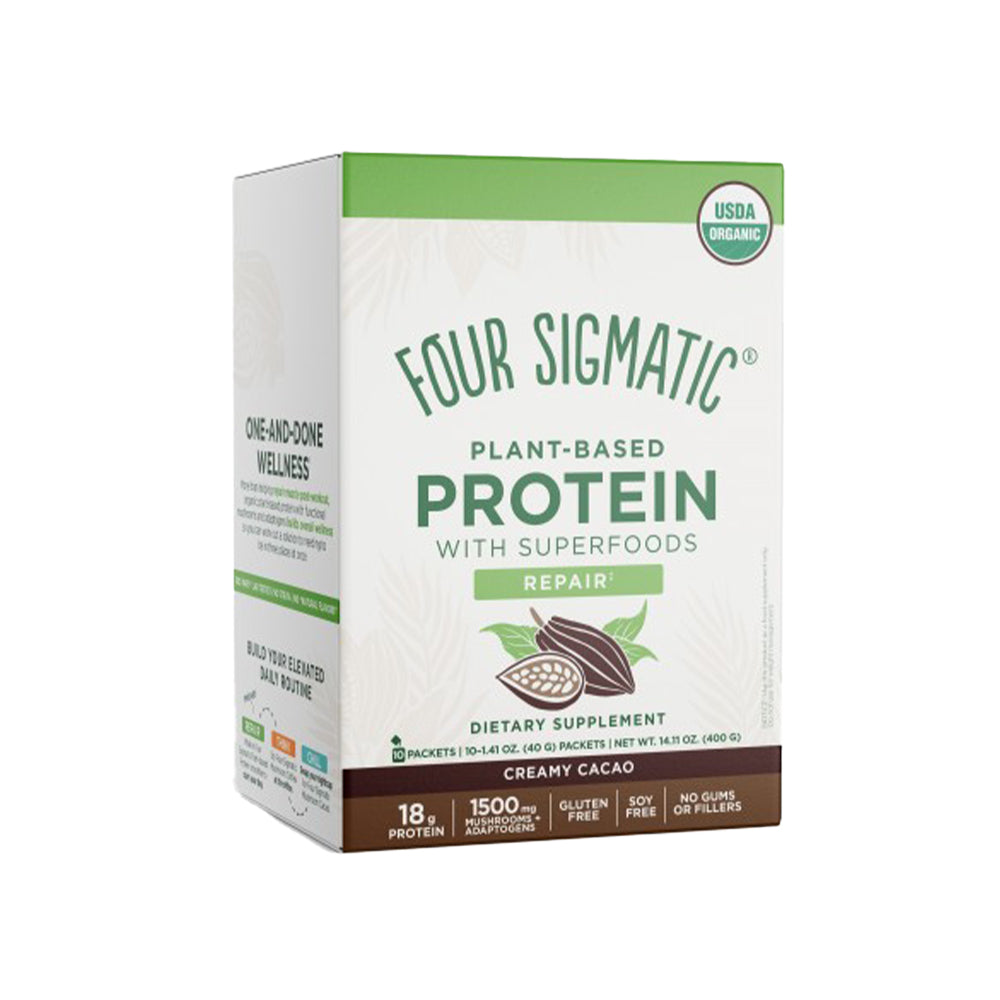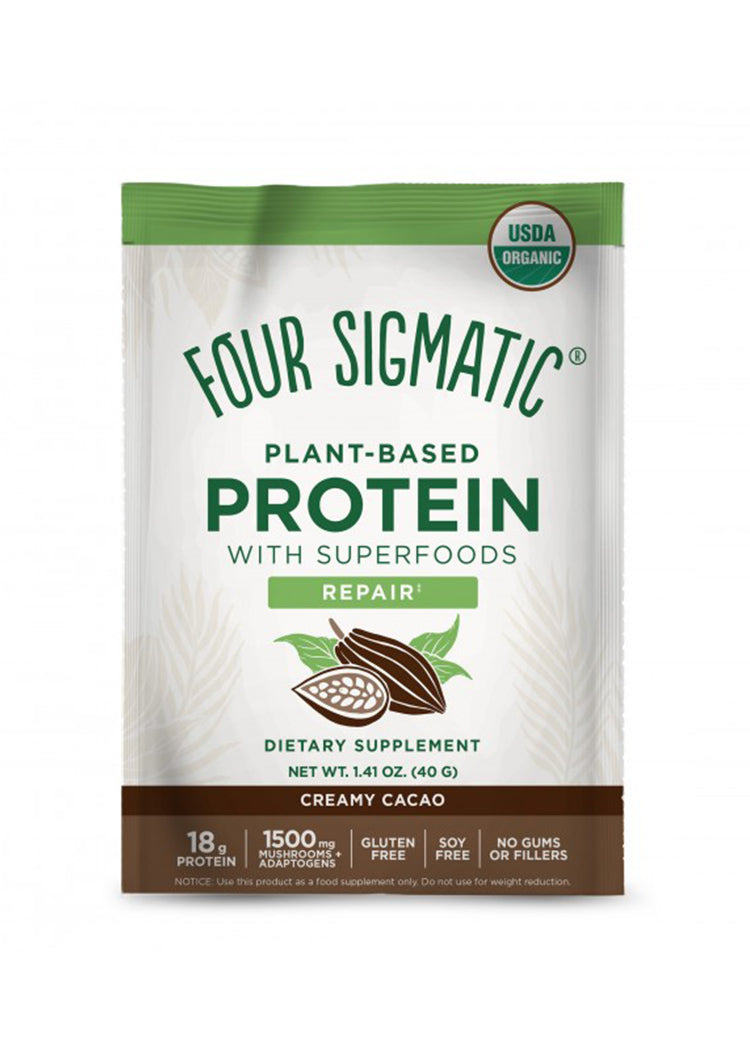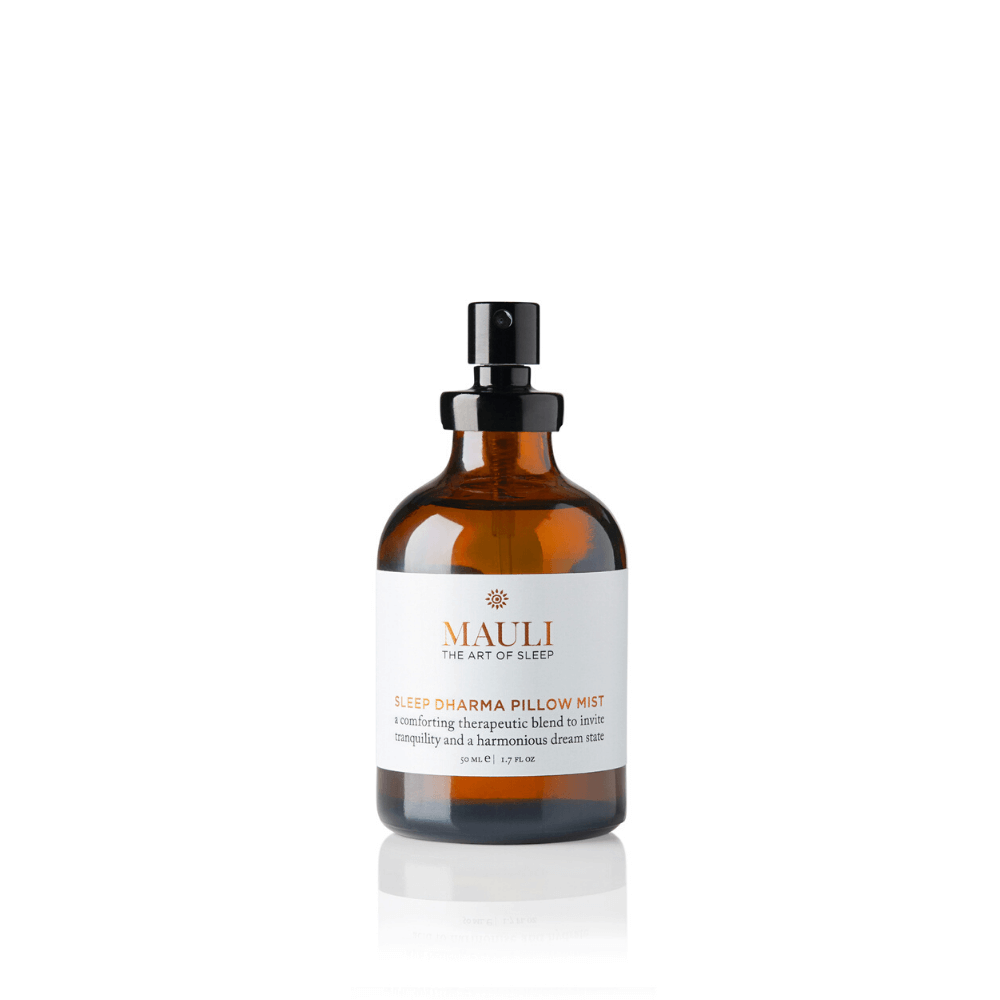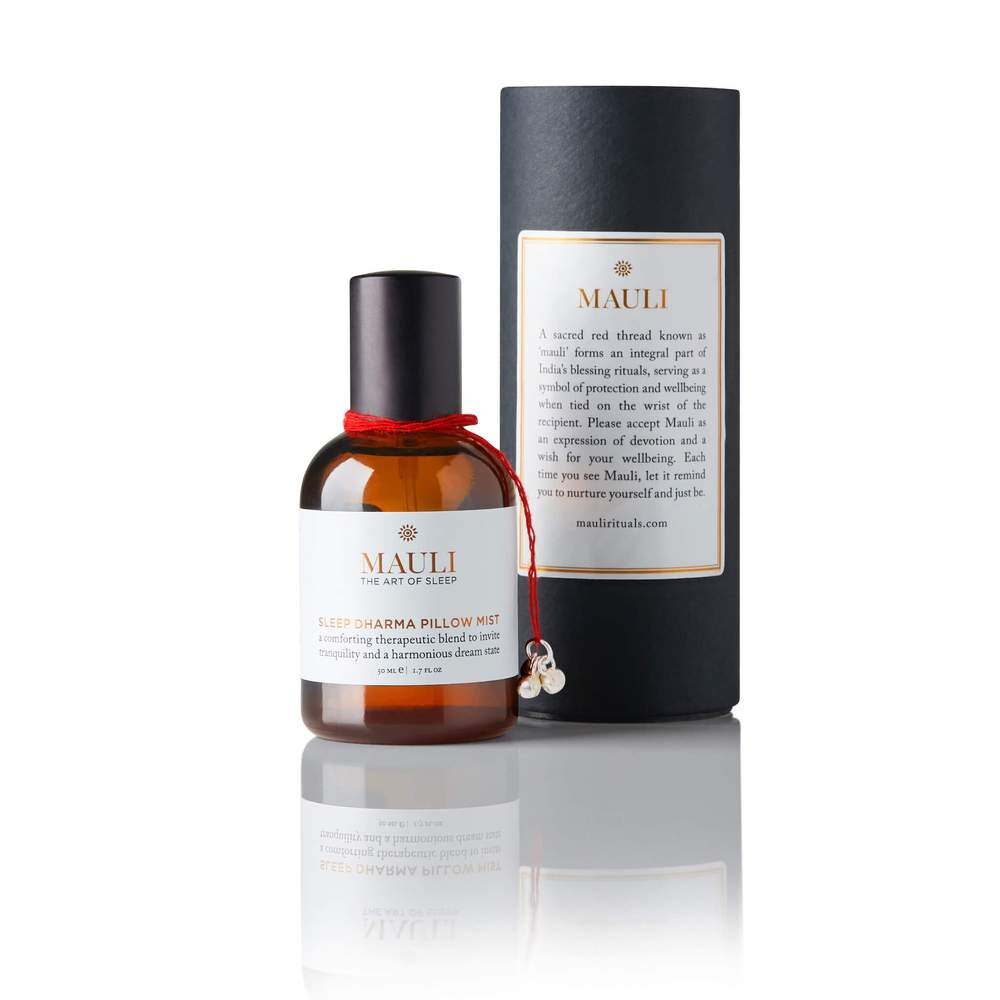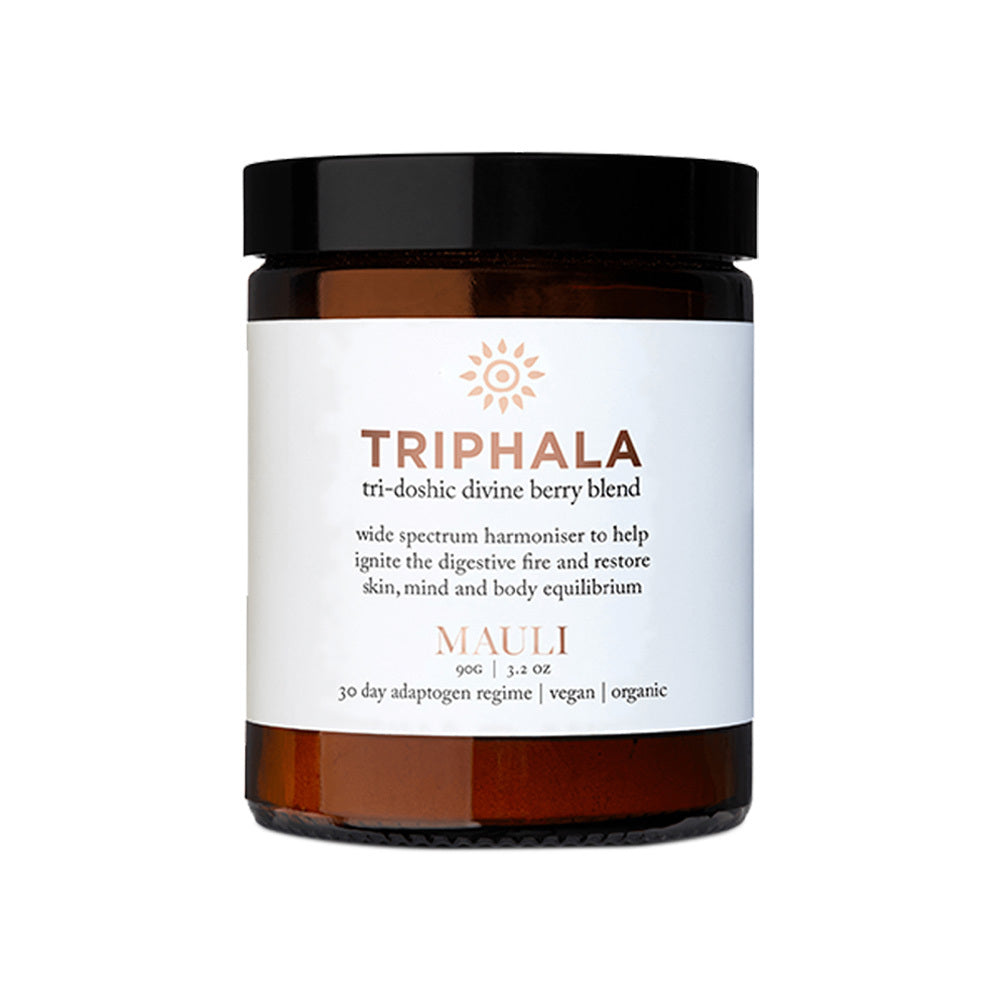Your gut is your second brain, according to the experts. So what is the gut-brain connection and how can we hack it to improve our skin, sleep, mood, productivity and health?
WHY IS GUT HEALTH IMPORTANT?
Ever had a ‘gut feeling’ you can’t explain? That nagging feeling you get in your stomach when you “just know”? Well now, it’s more than a feeling – it can be scientifically proven! Recent research discovered a direct connection between the brain and the gut (a mere 2,000 years after Greek physician Hippocrates proclaimed, “All disease starts in the gut.”) Scientists have even identified a link between the gut microbiome and several autoimmune diseases like MS, lupus, type 1 diabetes, and rheumatoid arthritis.
Dr. Sunni Patel, gut influencer and founder of Dish Dash Deets, explains the science behind it. “The gut is physically connected to the brain via the vagus nerve which allows constant communication to each other which is known as the gut-brain axis. The gut also has millions of nerve cells called neurons which act as the signals and switchboard for the communication stream.”
Holly Zoccolan nutritional health coach and founder of The Health Zocc, sheds some light on the gut-brain connection. “The gut produces serotonin which is a vital chemical and neurotransmitter in the human body which assists in regulating mood, appetite and digestion, sleep, memory, and sexual desire and function. It is estimated that over 90% of serotonin (the happy hormone) is produced in the gut! This means that the types of bacteria which we have in our gut affect the way we think, feel and behave. If the gut isn’t healthy it means the nutrient absorption is poor which can lead to deficiencies of essential minerals, nutrients, and vitamins which our organs rely on to function!”
WHAT ARE THE DANGERS OF FAILING TO LOOK AFTER OUR GUT HEALTH?
With over 70% of our immune system residing in our gut, poor gut health can have health implications beyond a leaky gut, IBS or stomach cramps.
Dr. Patel agrees. “The gut is also linked to other elements of our body like mental health, immunity, libido, mood and energy levels, so you can imagine that an unhealthy gut has been known to cause mood swings, fatigue, as well as contribute to depression and other associated problems like skin issues [like acne, rosacea and breakouts], low energy, increased susceptibility to illnesses and increased risk factors for bowel diseases, obesity, cancers, heart disease, diabetes, and other conditions. Many don’t realize that a healthy gut can help boost attention span, productivity, sleep, and mood – not just help with regular and improved digestion.”
HOW CAN WE IMPROVE OUR GUT HEALTH?
Adding particular foods and supplements to (and leaving others out) our diet can lead to a happier, well-functioning gut! As a general rule, Dr. Patel advises, “Adding plant-based foods like vegetables, fruits, legumes, beans and pulses, natural probiotics and prebiotic sources, and drinks to your diet, as well as herbs and spices, provides a rich source of fiber. Probiotics, as well as antioxidants, polyphenols, and micronutrients, will help keep the gut functioning well but also reduce the risk for future health issues.”
1. INCREASE FIBER IN YOUR DIET
Dr. Patel explains why. “Fiber is the king and queen of gut health so if you can meet your 30g of recommended daily allowance of fiber a day it will provide soluble and insoluble sources to help with bulking up stools as well helping to absorb fluid to help passing stools. Also, prebiotic fiber (in fructan-rich foods like banana, oats, onions, and Jerusalem artichokes) is a valuable fuel source for the trillions of gut bacteria by helping to create short-chain fatty acids like butyrate.”
To increase fiber in your diet, opt for wholegrain breakfast cereals, whole-wheat pasta, bulgur wheat or brown rice, fresh fruit, unsalted nuts and seeds, skin-on potatoes, and plenty of vegetables, beans, pulses, and legumes.
2. EAT THE RAINBOW & AVOID PROCESSED FOOD
“Add as many plants and the rainbow to your daily plates and if you can meet 30 different plant points a week (different portions of fruits, vegetables, nut milk, fresh herbs),” says Dr. Patel. “It adds diversity to your diet which we know is valuable for gut health and long term health gains.”
Specific foods to avoid to minimize leaky gut syndrome include, “trans-fats and refined vegetable oils, canola oil, soybean oils (which are present in the majority of processed foods), conventional dairy products, (switch your milk for a plant-based alternative such as oat or almond), refined carbohydrates such as bread and pasta, conventional meat and eggs – as they contain a high level of hormones which contain inflammatory properties – and any added sugars,” says Zoccolan. “These are often disguised in processed foods by being called ‘glucose syrup’, ‘dextrose’ and ‘corn syrup’.”
All of these foods – generally sugary, processed, refined carbohydrates, trans fats, and saturated fat foods – can increase inflammation and lead to poor gut health. Inflammation is often the leading cause of several diseases and illnesses including depression, IBS, and IBD (including Crohn's disease and ulcerative colitis.)
3. ADD PROBIOTICS & FERMENTED FOODS
All the experts agree: probiotics and fermented foods are a great way to encourage healthy bacteria in the gut. You can get these from certain foods, or take them as a supplement.
“Sources of natural probiotics such as kimchi, sauerkraut, miso, tofu, tempeh, yogurt, kombucha, and kefir help to add valuable sources of healthy live bacteria,” suggests Dr. Patel.
Zoccolan explains why probiotics are the gut’s favorite sidekick. “These kinds of [fermented] foods provide phytochemicals, nutrients, and minerals which all feed our good gut bacteria. High-quality probiotics can help to restore an unhealthy gut into balance.” It was ferment to be!
4.SPICE IT UP
Anti-inflammatory Ayurvedic herbs, turmeric, and ashwagandha, as well as “ginger, basil, oregano, thyme, mint, plus a mix of herbal teas,” can also aid digestion by balancing hormones that can cause an upset stomach and unhappy gut, advises Zoccolan.
5. MAKE LIFESTYLE CHANGES
It’s not just food that can make a positive difference either. Self-care rituals and healthy lifestyle habits can have a positive impact on our gut health too. Dr. Patel reminds us to: “Think outside of the kitchen – stress management, getting enough sleep, adding movement and exercise to your daily regime, staying well hydrated, as well as getting some outside time will help to keep a good gut balance.”
Reducing our stress levels, says Niraj Naik, a pharmacist turned holistic health expert, and founder of Soma Breathwork, is important too: “This means trying to get good-quality, sufficient sleep as regularly as possible, and taking steps to manage your stress levels like participating in yoga, meditation or mindfulness.” A lack of sleep can increase our stress levels and have a direct effect on our gut. It works both ways!
MORE THAN A GUT FEELING
Proven to be linked with so many of our modern health woes, overhauling our gut health could just be the magic remedy we’ve been missing for a happier, healthier life. It’s more than just a gut feeling!





